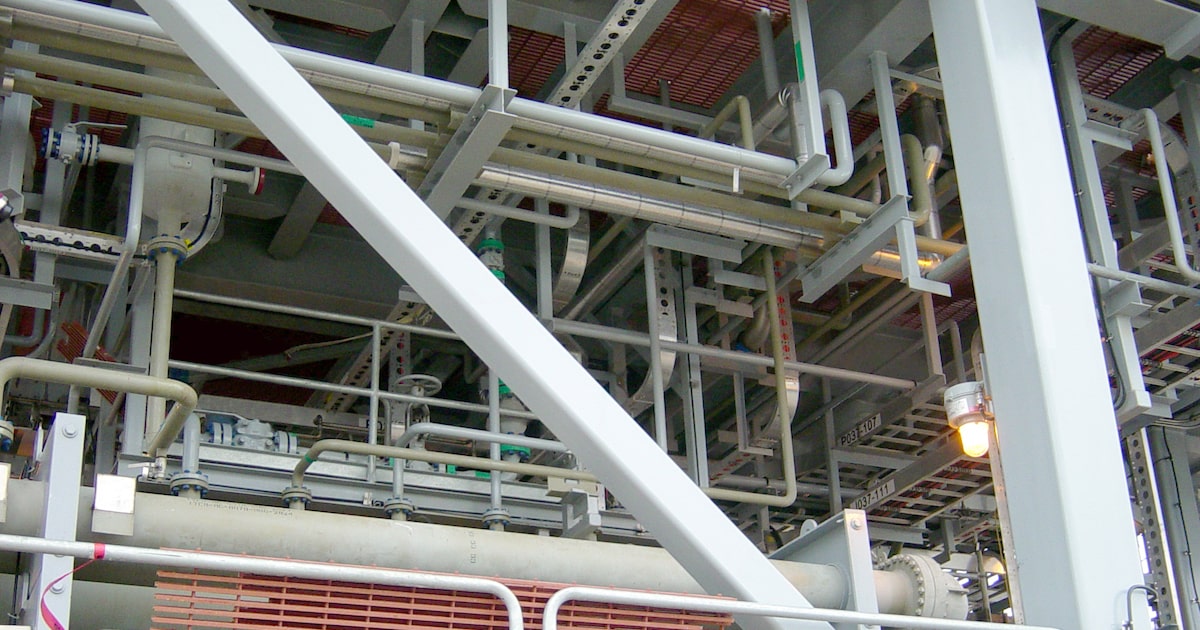
Sometimes looking back can give you clarity on what is the best path moving forward. Independent studies have revealed that in industrial hydrocarbon incidents, where there is a loss of containment, up to 43% of the incidents were due to mechanical integrity failures. Further, up to 70% of these mechanical integrity failures were related to internal and/or external corrosion of process piping.
Mechanical integrity deals with critical process equipment to ensure design and installation accuracy and that it is operated and maintained properly. This is one of the pillars of Process Safety Management, or PSM. There continue to be further requirements around the hazard assessments related to corrosion, and support of the personnel involved is becoming more and more critical.
Managing construction materials, particularly for any piping or equipment that is insulated, becomes of utmost importance. In the last two decades, much has been discovered and further developed around solutions for CUI, or corrosion under insulation. NACE SP0198 "Control of Corrosion Under Thermal Insulation and Fireproofing Materials—A Systems Approach" is one of the benchmarks for guidance on material selection.
Factors for proper coating selection include design and operating temperatures, process considerations, insulation types, geometry and piping location and/or equipment and application considerations. Up to 40% of fixed equipment and piping in an industrial facility can be insulated.
While there is currently no universal testing program for CUI systems, there are quite a few test programs and methodologies used among groups of owners and operators. These should be reviewed and considered prior to developing a specification or making a material selection.
The proven performance of these systems over time should also be considered when making selections. There are many variables in each process scenario, so gathering as much information as possible will help evaluate systems. In addition to what is mentioned above, knowing the country of application, the application type, whether the system will be shop- or field-applied, as well as other factors will help shape the full view of the service life expectations.
Carboline solutions in this arena include epoxy phenolic and flake-filled inorganic coatings. These systems have proven most effective in mitigating corrosion in the areas. Specific recommendations can be made by contacting your local Carboline representative.
This article was originally published in a slightly altered form on PaintSquare.

